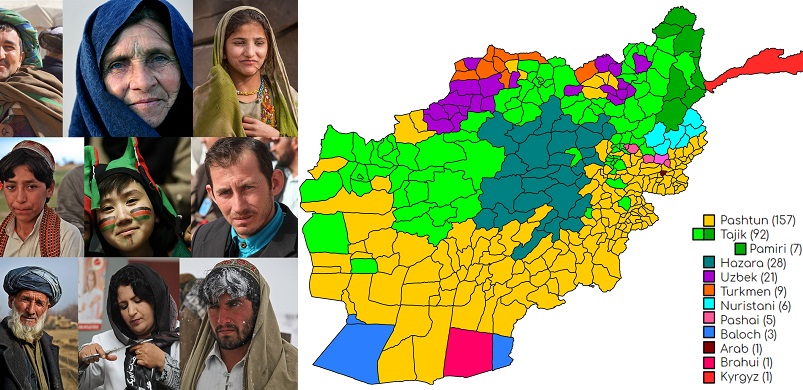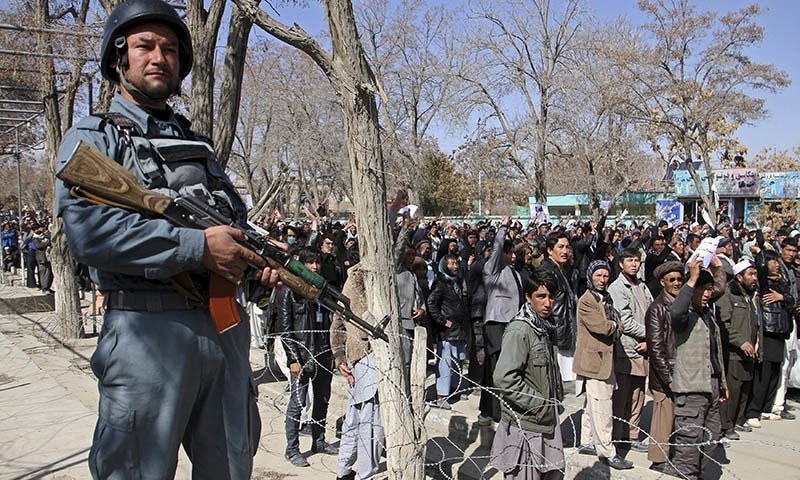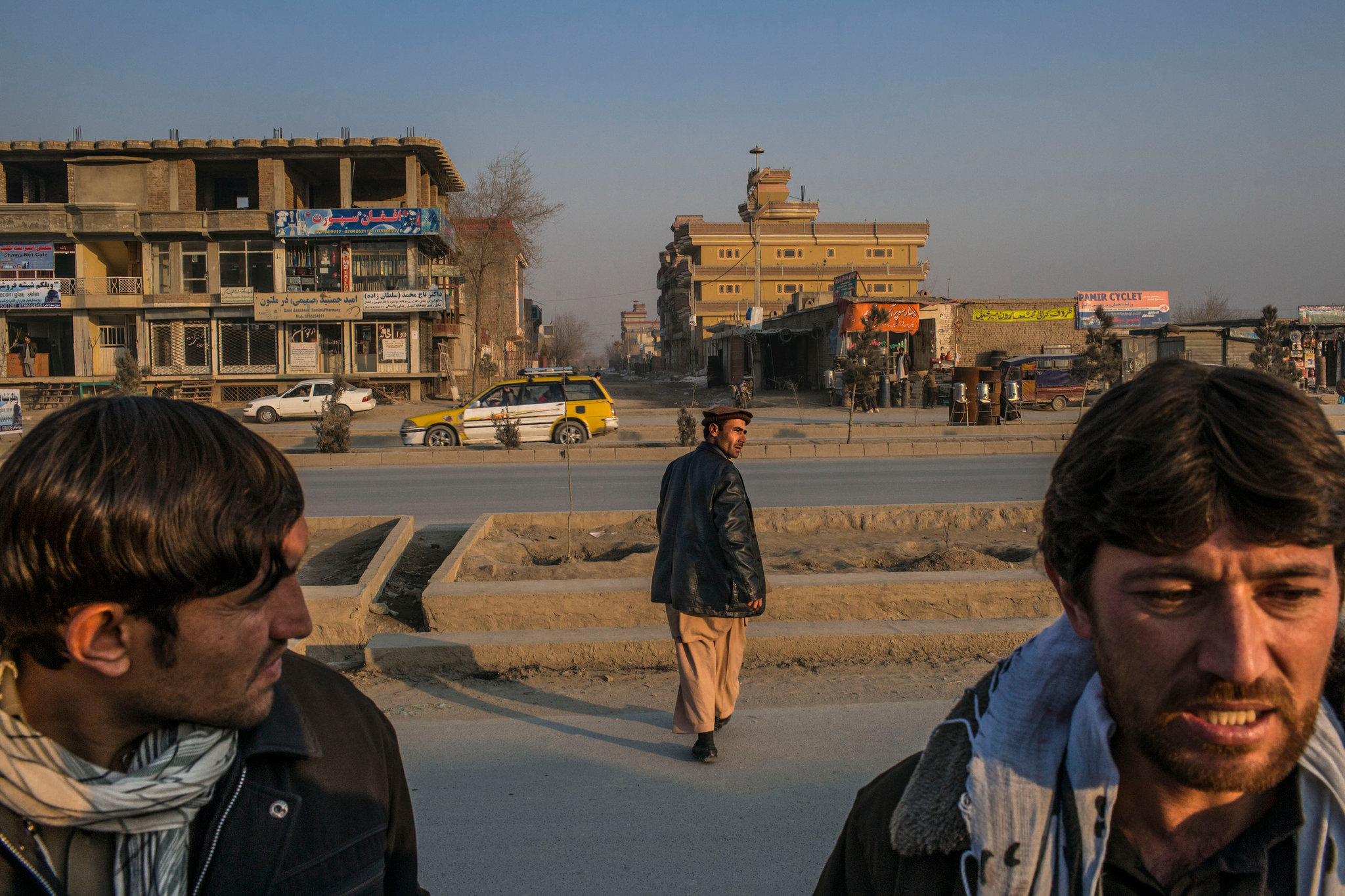Afghanistan and Ethnic Conflict

Afghanistan has different ethnic groups resulting in the major struggles between them, which lead towards violence, and hatred. Even to this day, Afghanistan faces ethnic and religious diversity’s that put a risk of religious and ethnical conflicts due to its geographical position, There are so many ethnic groups in Afghanistan and the most prominent ones are Pashtuns, Tajiks, Hazara’s, and Uzbek’s (Greens). Pashtun and Tajik’s are the Sunni group while Hazara’s are the Shias. Hazara’s are in minority. After the Afghan- Anglo wars and Soviet invasion, Ethnic rivalries increased. Now if we talk about the Taliban there, they are also the followers of Sunni ideology and are against Shias. When Taliban rose to power in the mid-1990s, they started committing atrocities against their opponents, the Shias Hazaras, Tajiks and Uzbeks. Afghanistan is already a fragmented state and is in a warzone, what more worse it can face. For most of this decade, US, NATO and other allied troops, have been indulged in counterinsurgency campaigns in Afghanistan. The Islamic concept of jihad seems to be the motivating factor and the main ideology behind the insurgency. However, Afghanistan is a diverse society with multiple ethnic and sectarian cleavages, and parallel with the insurgency and the predominantly Pashtun character of the insurgency suggests ethnic grievances behind the ideological veil as well. Once it happened in Afghanistan that the Pashtuns established a movement of Pashtunistan, which means greater Afghanistan and wanted its neighbouring countries such as Pakistan to be in Afghanistan, but failed.

Theory of constructivism will give a better understanding as Constructivism has proved to be a more effective approach to viewing international relations. Constructivists say that neither identity nor interests can be detached from a world of social meaning. The necessity to devise the right policy options when dealing with such complicated situations often prompts decision makers to base their solution on what they perceive as the “dominant” side of the conflict, i.e., either the ideological or the ethnic character. Furthermore, Afghanistan is a war affected and under developed country. The country relies on foreign aid for its development, infrastructure, and human welfare. If it gets disintegrated, a lot of resources will be needed for that which the people of Afghanistan does not have. However many Hazara accuse the Government of not distributing this fairly to the provinces where they form a majority. If we look at the current situation of Afghanistan, it is facing an intra Afghan conflict as well.

All the elites have their own parochial self-interests, their interests are not state centric. Also, whenever the political parties are formed, the leader social identity affects the decision on how much on how much resources he has to contribute, for what and where.
Afghanistan is already a fragile state with lack of sovereignty and democratic values and culture as well. Afghanistan and Hazaras the minorities will be mis-treated. Well Taliban’s and its government is of Pashtuns and are in majority, while the other ethnic groups are in minority. The largest ethnic group in Afghanistan, estimated at around 45% of the population and mostly concentrated in the south and east of the country, are the Sunni Muslim Pashtuns. The Pashtun population is split in half by the Pakistan-Afghanistan border, the Durand Line, and has a long history of challenging state power and the legitimacy of official borders in both countries. Until recently, when Pakistan built a fence on the border, Pashtun tribesmen and fighters crossed the border as if it did not exist. Pashtuns are often characterized as fiercely independent and protective of their country, honor, traditions and faith. The Taliban pose a threat to the civil and political rights of Afghans, which are enshrined in the constitution drafted by the government with U.S. support. The Taliban have acted in a manner reminiscent of their ruthless rule in the late 1990s since regaining power. Numerous abuses of human rights have been recorded by the UN mission in Afghanistan. unequal rights for every ethnic group residing in Afghanistan is also the violation of human right and when there violation of human rights, there is a high chance of conflict or civil war.